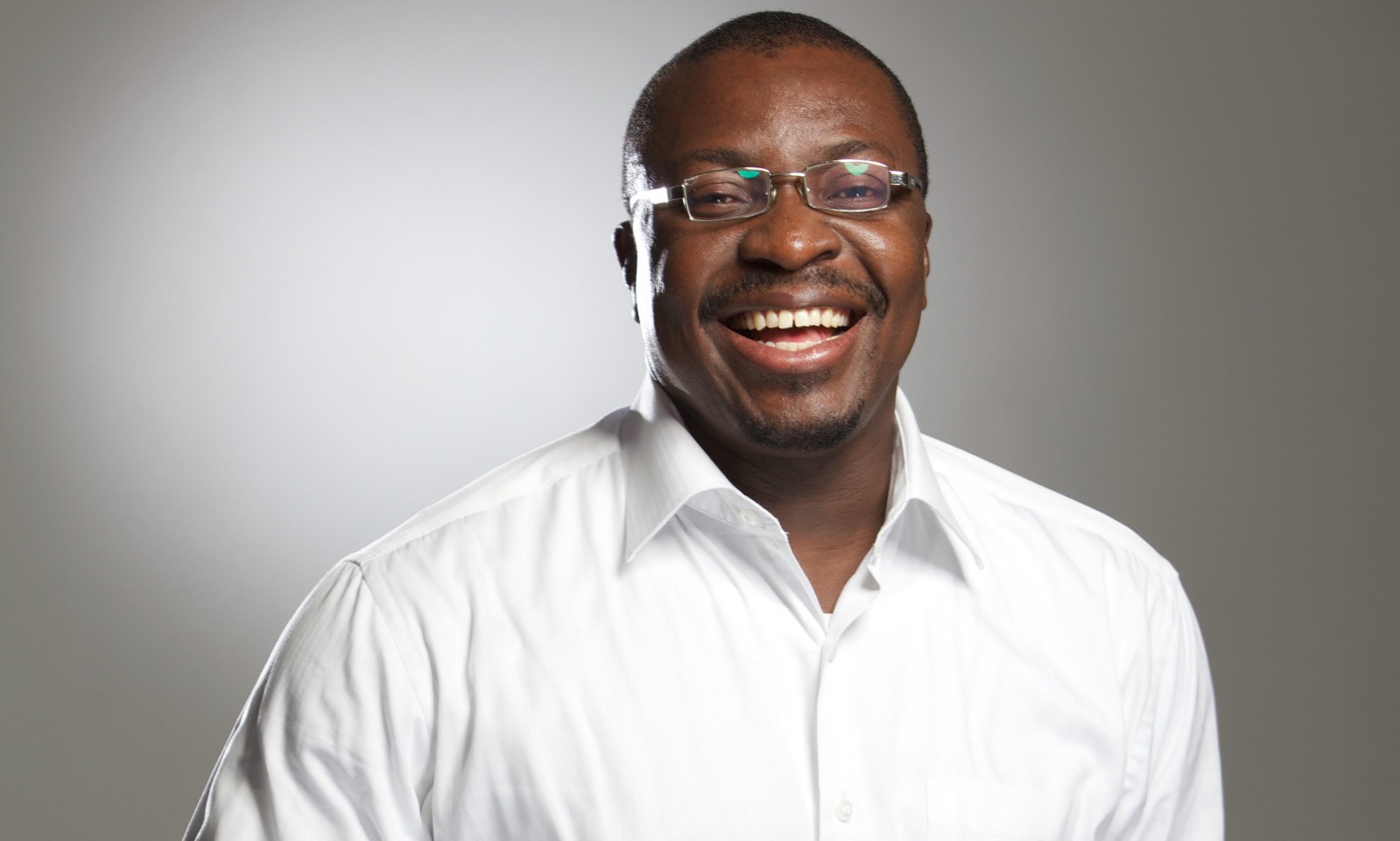by Solace Chukwu
There is no getting around it now. Stephen Keshi’s cycle as coach of the Super Eagles has come to an end. There is no anger, there is no bitterness. There is just… nothing. The final whistle in Khartoum was a knell that rung hollow in Nigerian hearts.
When Keshi became the trustee of Nigeria’s footballing hopes and dreams, the day was bleak. The Big Boss overhauled a team that had failed to qualify for the 2012 Cup of Nations, installing youth and injecting vitality. A policy of openness saw the likes of Ogenyi Onazi, Kenneth Omeruo, Godfrey Oboabona and Sunday Mba carve out a niche for themselves in the Super Eagles.
The danger with success though, especially when unexpected, is that it can cause the subject to parody himself. The fact that anyone could play for the Super Eagles, a boon and motivation for players to work hard, became in the long run a tremendous problem. Needing a game-changing impact in the Municipal Stadium, the ineffectual Gbolahan Salami was withdrawn and on came Sunday Emmanuel of obscure Grodig, making his debut for the national team.
Keshi has gambled on his popularity many times and won. This time, it has come back to bite him. His arrogant dismissal of the form of Obafemi Martins for example, who has hit the 15-goal mark in Major League Soccer, was laughable. Age can only mitigate against ability when there are credible alternatives; alas in the same breath, the Afcon-winning manager dismissed one such alternative: the prodigiously talented Kelechi Iheanacho.
His constant bickering with Ikechukwu Uche in the press has gotten embarrassing very quickly, like a public and messy break-up between lovers. While it is unclear which of them is speaking the truth, it is telling that Keshi only got tough with Uche after triumphing in the Afcon in 2013. Before then, there had been little indication of any sort of rift between them, and indeed the Villarreal man top-scored to qualify the Super Eagles for the tournament in the first place.
It is almost as though that historic moment convinced the former Afcon-winning captain of the infallibility of his methods. In his hubris, he has ploughed onward on that course, alienating many and dividing opinions everywhere. Now, we are back where we started: with one point from its first three games, the defending African champions are on the verge of elimination.
Keshi has given; is Keshi set to take away?
As if to show himself beyond saving, faced with a must-win encounter, Keshi went against conventional wisdom in picking the same ten outfield players who struggled for any rhythm or cohesion in the last qualifier against South Africa. On that day, Bafana Bafana did not have their scoring boots on. Sudan were in no mood to pass up such an offering though, and took the lead three minutes before the break through Al Hilal forward Abdi Babeker Bakri, who stole ahead of Efe Ambrose to power home a header.
Bakri had a tremendous game for Sudan, arcing behind Ambrose time and again in the first half to receive the ball over the top. The forward orientation of Nosa Igiebor, who spent large periods playing pushed up into the attacking line, prevented the midfield from closing down efficiently enough. Ogenyi Onazi was typically industrious, and John Obi Mikel pressed high sporadically, but the propensity of the Sudanese wingers to come inside and occupy the space between the lines was a strong enough deterrent.
The Maccabi Tel-Aviv man was the poorest player on the pitch, and as the game went on, epitomised the team’s display: lacking in belief and inspiration. Keshi’s strength lies in coaching mentality rather than tactics, but it appears that even this has been lost. There was no rally, no barrage, just meek surrender.
The Falcons of Jediane were not great; they did not need to be. Defensively their positioning was very naïve and disorganised. But when you play a team 100 places above you in the FIFA rankings and still manage to produce the one moment of true quality in 90 minutes, you are fully deserving of whatever credit you get. Sudan’s genius was in bringing the African champions down to their level, and for this alone, their win was richly deserved.
It is unclear what to do with Keshi now.
He is not under any contract or obligation to the NFF, and can rightly board a plane straight to the USA, where his family resides. There is however a return fixture in four days, and one which the Super Eagles absolutely must win. Does the NFF officially relieve him, and seek to (improbably) get a new coach within four days? Or do they stick with him and possibly damn the Super Eagles? Whichever choice is made, Nigeria do not get a good deal.
In Pointe-Noire, South Africa showed the daring and swagger befitting champions as they swatted aside the Republic of Congo to move into top spot in Group A. It is a result that Nigeria must replicate if it is to have any chance at all of playing in Morocco next year. There is no more margin for error, and whoever takes the national team forward must get it right, and do so fast.
Somewhere in Nigeria, Amodu Shuaibu is rubbing his hands and waiting for his phone to ring. It would take a brave man to bet against him now.
Follow Chukwu Solace on Twitter @deldorisma. This article was originally published at Goal
The opinions expressed in this article are solely those of the author.







